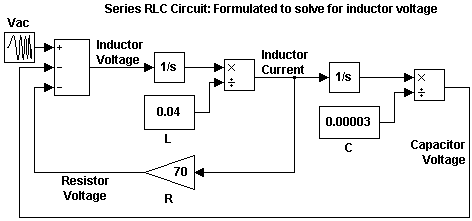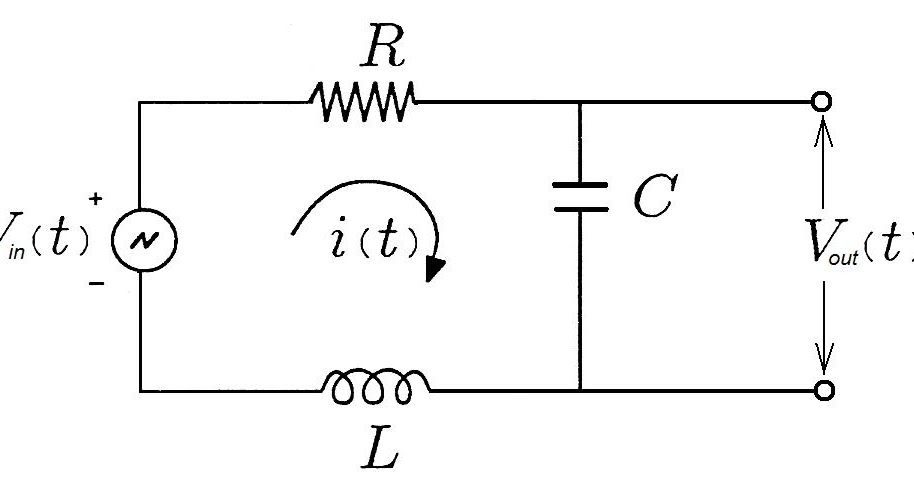

- #Rlc circuit in matlab simulink generator#
- #Rlc circuit in matlab simulink license#
- #Rlc circuit in matlab simulink series#
- #Rlc circuit in matlab simulink free#
An RLC circuit is an electrical circuit consisting of a resistor (R), an inductor (L), and a capacitor(C), connected in series or in parallel, and characterizes damped oscillations. In the simplest case, the resonant circuit consists only of a capacitor C and inductor L, and characterizes un-damped electrical oscillations. To study the characteristics we apply second order differential equations to obtain the expression of electric charge resulted from Kirchhoff’s loop rule and use the solution of it to determine the expressions for electric current (i), energy stored in capacitor and energy stored in the inductor. In this paper, we elaborate the characteristics of oscillations in RLC circuit using MATLAB computer program. If you would like to request solutions or have a question, contact the MathWorks online teaching team.Simulation of Un-damped and Damped Oscillations in RLC Circuit using MATLAB Computer program The lab solutions are available upon instructor request.
#Rlc circuit in matlab simulink license#
The license for this module is available in the LICENSE.md file in this GitHub repository. MATLAB, Simulink®, Simscape, Simscape Electrical™, DSP System Toolbox™ License
#Rlc circuit in matlab simulink free#
MATLAB Onramp – a free two-hour introductory tutorial that teaches the essentials of MATLAB. Note: The videos can be viewed from the GitHub repository readme. SimulateCircuit.mp4 VirtualMultimeter.mp4 VirtualOscilloscope.mp4 These short videos demonstrate some of the basic techniques used to simulate and measure circuits in the module.

Compare circuits to their Thevenin and Norton equivalents.Solve for Thevenin and Norton equivalents.Explain Thevenin and Norton equivalent circuits.Use nodal analysis to compute voltages.ģ.Model and analyze linear circuits in Simscape.

#Rlc circuit in matlab simulink generator#
In the penultimate module, students measure the transient responses of overdamped, underdamped, and critically damped RLC circuits using a virtual signal generator and oscilloscope. Throughout the module, virtual analogs to standard instruments are used to familiarize students with standard measurement procedures. In the labs, students apply their knowledge to analyze circuits, take measurements, and design circuits to meet requirements. The introduction explains the technique and offers opportunities to develop intuition using simulation.

The materials contain two components for each topic: an introduction and a virtual lab. Essential topics such as mesh analysis, RLC circuits, and op amps (among others) are discussed. This curriculum module teaches DC circuit analysis using interactive live scripts and Simscape™ models. Compatible with R2021b and later releases.


 0 kommentar(er)
0 kommentar(er)
